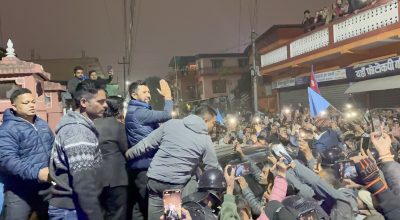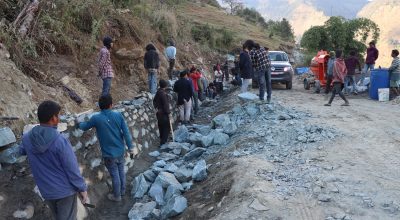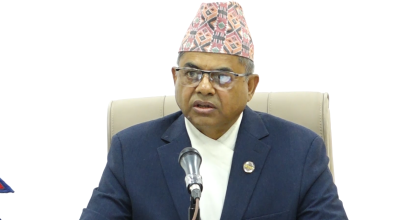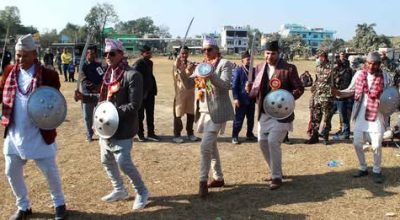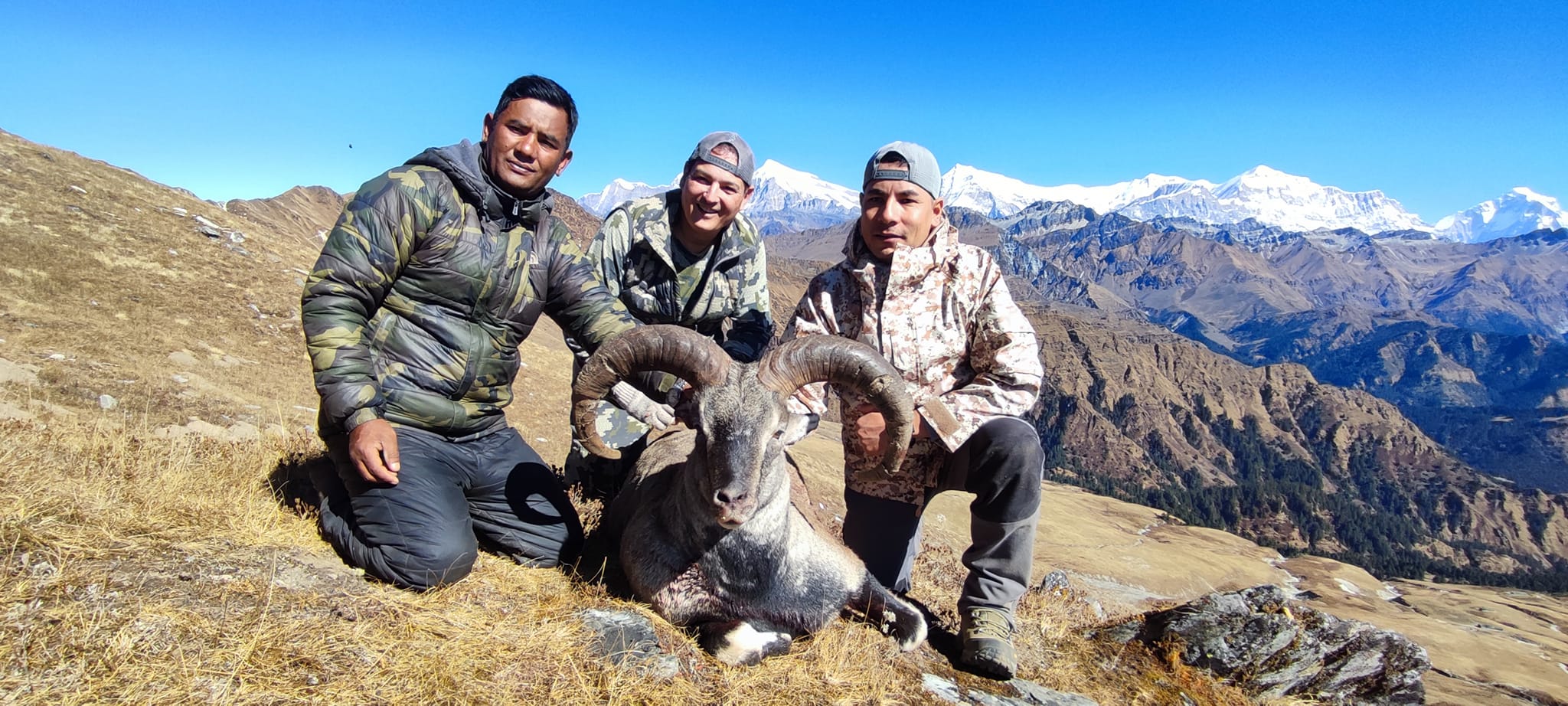
Baglung, Dec 11: In the first hunting season of the year, a total of 10 blue sheep (Naur) and 5 Himalayan thar (Jharal) were hunted in Nepal’s only legal hunting reserve, the Dhorpatan Hunting Reserve in Baglung. This year, 12 foreign hunters, permitted through four companies, had initially obtained licenses to hunt 12 Naur and 8 Jharal.
However, one licensed hunter could not visit the reserve, and another was unsuccessful in hunting Naur, according to the Dhorpatan Hunting Reserve Office in Baglung.
This season, professional hunters from the USA, Spain, the Netherlands, and Mexico participated in the hunt. One hunter from the USA, despite paying the required fees, did not arrive, and another from the same country failed to hunt a Naur. Additionally, three Jharal hunts were unsuccessful, as stated by Pashupati Adhikari, the reserve’s information officer.
Seven hunters with licenses to hunt wild boar opted out entirely. Reserve officials noted that foreign hunters showed little interest in hunting wild boar, and no Nepali hunters applied for the permits, which were also open to them.
Two phases of the hunting season
Hunting in the Dhorpatan Reserve occurs annually in two phases: the first season spans from October to December, and the second runs from March to May. The reserve assigns staff and porters to assist hunters and provide guidance within specific hunting blocks.
Chandra Shekhar Chaudhary, Chief Conservation Officer of the reserve, explained that permits were issued through companies such as Global Safaris Nepal Pvt. Ltd., Nepal Travel Expedition Pvt. Ltd., Himalayan Wildlife Outfitters, and Open Nepal Wildlife Safaris Trek Pvt. Ltd.
Reserve divided into seven blocks
The reserve is divided into seven hunting blocks: Seng, Barse, Surtibang, Fagune, Ghustung, Dogadi, and Sundaha. Foreign hunters, accompanied by representatives from professional hunting companies, typically travel to the reserve via helicopter to participate in hunts. Adventurous and skilled hunters often prefer the most remote blocks for their expeditions.
Each hunting group, including Nepal Army personnel and reserve officials, usually spends up to 15 days in the wilderness.
Revenue and cost
The Department of National Parks and Wildlife Conservation determines the quota and revenue rates for each hunting season through electronic bidding. This year, the maximum revenue collected from a single blue sheep hunt was Rs 1.8 million.
Hunters incur costs ranging from Rs 2 to 3 million, including the price of the animal, block reservation, license fees, helicopter transportation, and necessary equipment.
Established in 1988, the Dhorpatan Hunting Reserve spans 1,325 square kilometers across Baglung, Eastern Rukum, and Myagdi districts. It remains a premier destination for international hunters seeking thrilling and adventurous experiences. #hunting #nepal #dhorpatan







